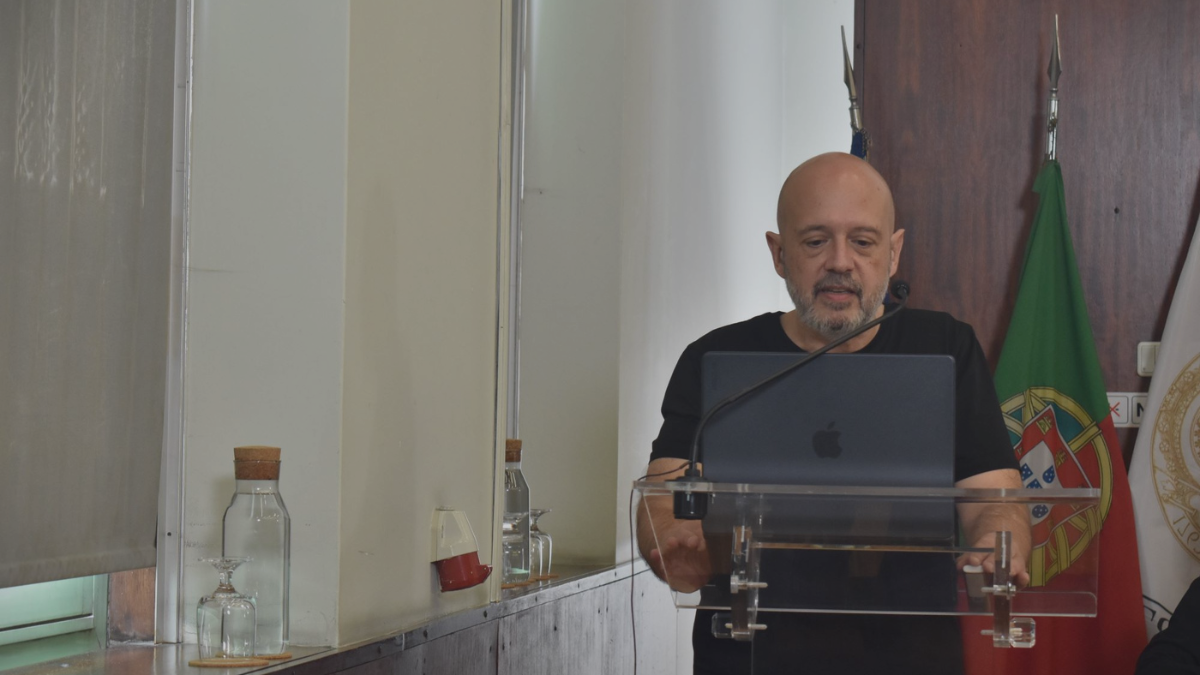The president of the National Union of Higher Education (SNESup) warned this Sunday that problems are beginning to arise with higher education teachers. He highlighted that these problems are due to due to the aging of the profession, the evaluation system, and the loss of purchasing power.
Read More About: How to Pursue Education in Portugal?
José Moreira said in an interview that.
Problems with higher education teachers will also occur, in fact they are already beginning to occur, as a result of three very important factors: the first is the loss of purchasing power, the second is the ageing of the class and the third is the evaluation system.
He spoke to the media on the day it was announced that nearly 50,000 students secured a place in the first phase of the national competition for access to higher education. This number shows an increase compared to last year.
Challenges Facing Portuguese Higher Education
In the last five years, teachers in Portugal have lost more than 30% of their purchasing power, putting them in a very difficult and complicated situation. The union leader also highlighted the aging of the profession, noting that in the coming years, it may be replenished by professionals transitioning from research, typically between 40 and 50 years old. He said.
Therefore, they are not exactly young and a solution with a great future.

In addition to these problems, José Moreira highlighted the evaluation system and that higher education teachers only progress in salary levels when they have six consecutive years of excellent performance. He believes this is the only profession in the country where it is necessary to have six consecutive years of excellent performance.
Moreira recalled that there are teachers who have not progressed for 20 years and added that.
This is completely unfair and obtuse. Therefore, it was necessary to put an end to this quickly and we hope that this minister will give a clear political signal, at least for now, unblocking this issue of salary progressions.
Furthermore, he pointed out that the courses most sought after by students, which this year were engineering, technology, and mathematics, are already facing some difficulties. He went on to say that.
We are already starting to have difficulty in hiring teachers for these areas because they are highly competitive areas and professionals are very well paid and higher education is no longer able to keep up with the salaries in other sectors, whether inside or outside the country, and this will continue to get worse. In your opinion, the low-wage model is having serious costs. And this leads people with higher education to look for an opportunity outside the country not always by choice, but because they have no other solution.
According to José Moreira, Portuguese higher education is well-regarded internationally. As a result, graduates typically have no difficulty finding work outside the country.






